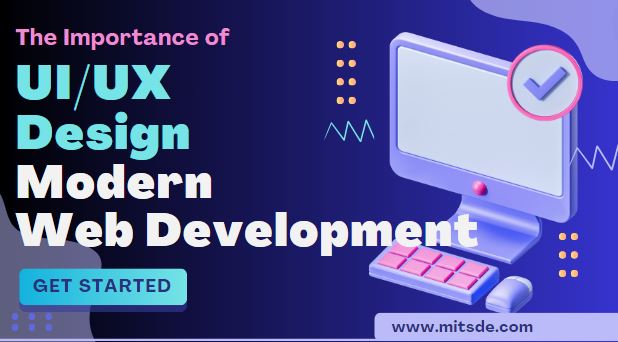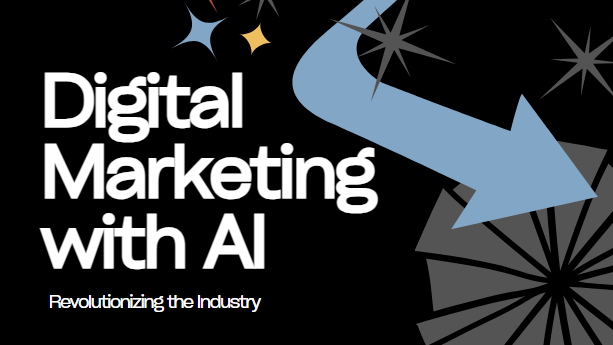Employee productivity
In many ways, the role of an HR professional can be quite challenging. With the alterations in the work structure, work mode, and technological disruption the role has become even more complex.
With the employees being called back to offices, the morale is going down and so is the productivity.
The employees are facing a hard time adjusting to the work environment. In such situations, it is the responsibility of the HR manager to cultivate a productive environment and boost employee morale.
Here are a few ways to boost workplace productivity of the employees –
- Training – Many times people who are promoted to higher positions due to exemplary individual performance lack management skills. Studies reveal the prime responsibility of the HR manager is to conduct training and development programs. These programs impart the knowledge and skills for effective and empathetic leadership.
- Measurement of workforce productivity – Measuring employee productivity by setting up a performance evaluation matrix is the best way to assess training needs. The time spent doing a task and the process are two crucial parameters. Trained employees tend to be more achieve more within the time at work
- Focus on the team – Harmony in the team is essential for the successful completion of any project. Hence HR has to motivate the employees to work amicably and boost team spirit. Simple team-building exercises such as daily stand-up meetings, informal gatherings, outdoor immersion activities, etc. build a team spirit.
At times inclusiveness motivates employees to perform better. A leader who encourages participation and includes everyone in decision-making increases employee engagement
- Communication – Dialogue and open communication go a long way in being an empathetic leader. Engaging employees and being open to their ideas or opinions is crucial for employee satisfaction. Highly engaged employees improve their team’s performance by up to 27%. This is a significant number to boost the company’s overall performance.
- Feedback and Performance review – Regular team, management, and personal feedback sessions give clarity about the management’s effectiveness. Constructive feedback works in the favour of employees and helps them focus on performance improvement. It also helps them to understand the areas where they lack the necessary skills. This aids the HR manager to assess the training and development needs of the employees.
- Empathy – is an important quality to have in the workplace. A healthy work atmosphere is one where employees can have an informal interaction with their managers. This interaction can be related to any workplace difficulties or drawbacks.
Open-door policies, a flatter hierarchical structure, and personal connection help the manager in building connections with employees. Managers can better understand the employee mindset and the factors that affect productivity.
- Accountability – Giving autonomy and authority to your employees gives them a sense of accountability and responsibility. This motivates them to do better.
- Recognition – Giving your employees their due credit and recognition for their contributions is the best mode of motivation. Recognition and awards make the employees feel valued and their contributions acknowledged.
- Work-life balance – Encouraging a work-life balance is important for the mental well-being of professionals. A balanced life makes the employees happy and motivates them to perform better than unhappy employees. One study found that happy employees are up to 20% more productive than unhappy employees.
A company benefits greatly if its employees are satisfied, happy, and feel included or heard. This increases employee productivity.
Understanding these principles of people management is crucial for any HR manager. Hence people management skills are of prime importance in any company.
MIT School of Distance Education (MITSDE) is an institute that understands the current skills gap in the market and strives hard to reduce it. Hence, MITSDE brings you PG Diploma (PGDM HRM) in Human Resource Management.
The course covers the basics of Human Resource Management, analytics skills, International HR practices, and the latest trend in E-HRM.



